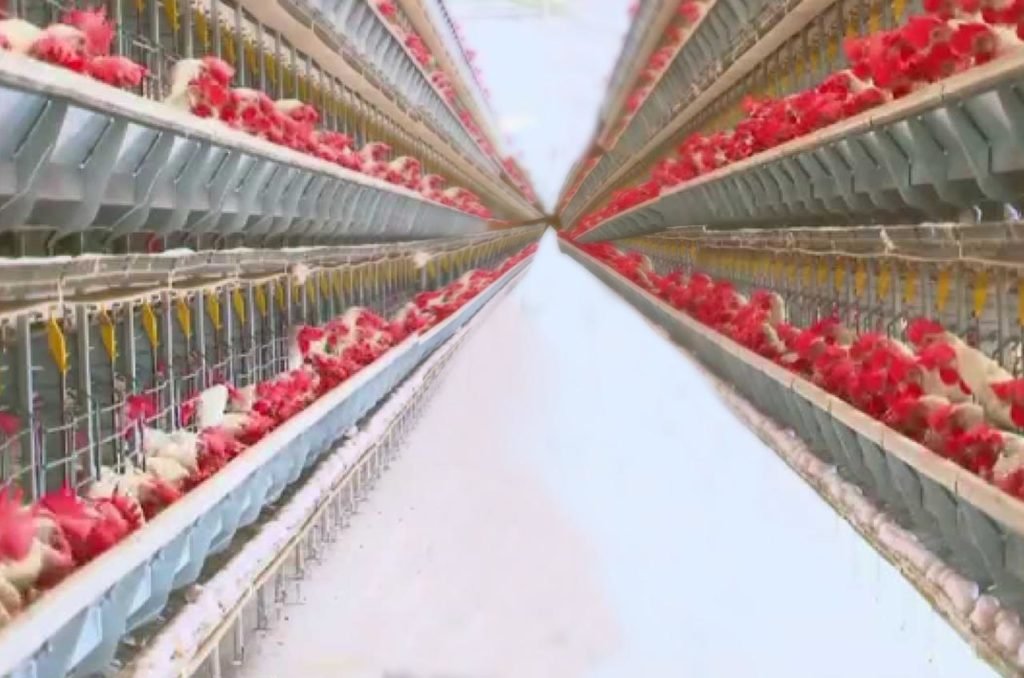The overall increase in raw material and feed costs has raised the cost of production of broiler chicken businesses, and it will massively affect chicken meat prices.
Poultry farm businesses in India face sustainability issues on their profit margins due to the massive increase in bird feed prices and their inability to pass them on to consumers, except for a peak chicken meat demand season.
The business scenario in the poultry sector has changed over the last two months. The government’s effort to protect poultry farmers through a sustained increase in the minimum support prices (MSP) has seen a rise in the prices of maize and soybeans. Both are the main content to make feeds and take up 60% of the cost of chicken and eggs.
Maize price has risen 22% in the last few months to Rs 2,000 a quintal due to crop losses from deficient rainfalls in South India and pest attacks in other parts of the country.
Thus, poultry owners have to pay around Rs 2,000 per quintal compared to Rs.1,500 per quintal last year. India’s government raised the MSP by 19 per cent to Rs Rs 1,700 a quintal this year.
Soybean prices jumped 16% to hit a five-year high at Rs 3,964 a quintal. This is attributed to a regular hike in the MSP, which was raised by 11% to Rs 3,400 a quintal this year.
“Owing to the chicken feed price increase, the cost of eggs and broiler chicken meat production has increased by 15-16% in the last few months. However, chicken and egg prices have remained relatively high in the retail market.
Prices of poultry products are flat, resulting in pressure on profit margins. If the same trend continues, the poultry industry will have to cut down production in the coming months,” said KG Anand, Venkateshwara Hatcheries’s producer of Venky’s brand of chicken and other poultry products.
“Poultry feed prices have been rising abnormally high, which need to be passed on to the end buyers,” said Balram Yadav, managing director of Godrej Agrovet.
Meanwhile, the increased cost of poultry feeds has yet to be passed on to consumers due to the fear that consumers may shift to usage-based purchases instead of volume-based ones.
“When consumers purchase boiler chicken or poultry products, they fix an average amount in their mind. If the price is high, they reduce the quantity instead of raising their budget, or they try another substitute,” said another poultry business owner.
The overall increase in chicken feed cost has raised the production cost of broiler chicken to Rs 80 for a kg. But it is being sold at Rs.68 for a kg in the northern states and Rs 78-80 for a kg in Maharashtra.
“Many poultry farmers have already shut their poultry business due to the feed price hike. If the current market trend continues, poultry farmers will be in deep trouble again,” said Ramesh Khatri, president of the Poultry Federation of India.


